HACCP
The European Union defines water, and everything made of water as “food”. Considered being a food item, ice makers and ice cubes for commercial purposes need to be compliant with different country-specific and European laws and regulations.
Food Service Equipment for commercial use is subject to a number of regulatory requirements. We have a constant focus on quality, safety, environment and compliance throughout the entire supply and value chain: From raw materials, manufacturing sites, accredited quality management processes and environmental responsibility to health and safety for those who operate our machines on a daily basis.
Our set of certificates includes not only specific regulatory approvals for certain product (groups). Some of our quality marks are rather systematic and company related accreditations, such as a certified quality management system or the existence of an environmental management system, approved by an authorized body.
Besides obligatory market entry requirements such as the CE Mark and the EAC Mark, there are audits and certification processes, which we have conducted on an entirely voluntary basis, such as the ISO and HACCP certifications.
Besides obligatory market entry requirements such as the CE Mark and the EAC Mark, there are audits and certification processes, which we have conducted on an entirely voluntary basis, such as the ISO and HACCP certifications.
Combined, they offer our customers and partners a comprehensive compilation of documents, intended not only to fulfil market entry requirements, but also intended to simplify project planning as well as approval processes.
In doing so, we pledge that our products are the optimal choice when it comes to health, safety, environment, quality management as well as regulatory compliance in different regions and geographies.
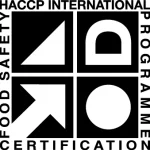
The European Union defines water, and everything made of water as “food”. Considered being a food item, ice makers and ice cubes for commercial purposes need to be compliant with different country-specific and European laws and regulations.
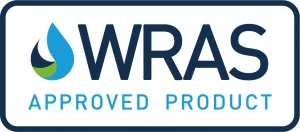
The European WRAS stands for Water Regulations Advisory Scheme and indicates that product’s conformity with the United Kingdom’s water regulations issued in 1999. The regulations touch on aspects such as prevention of waste…

CE is a manufacturer’s declaration of conformity with current regulations and technical requirements stipulated by the European Commission a for wide range of products that are moved to or between EU-Countries.

The EAC Mark – short for Eurasian Conformity Mark indicates a product’s conformity with all technical standards, directives, and regulations of the Eurasian Customs Union. It was introduced in 2013, replacing the…
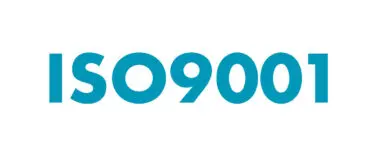
ISO 9001 is a certification for quality management systems (QMS) intended to help organizations to demonstrate their ability to meet both customer and regulatory requirements.
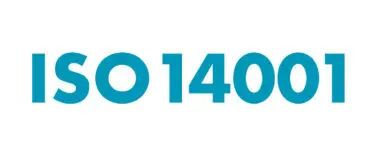
With 14001 an organization gains recognized accreditation designed to manage, monitor and reduce a manufacturer’s operational impact on the environment. In a nutshell, this certificate confirms a company’s…
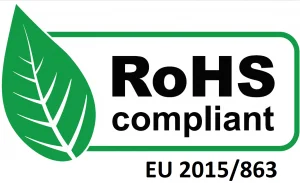
RoHS, short for Restriction of Hazardous Substances Directive, was first introduced to the legislation of the European Union in 2003 as Directive 2002/95/EC (RoHS 1) and took effect in 2006.
Make sure you have a login to our partner portal. Here you can find.......
Register hereClick here for